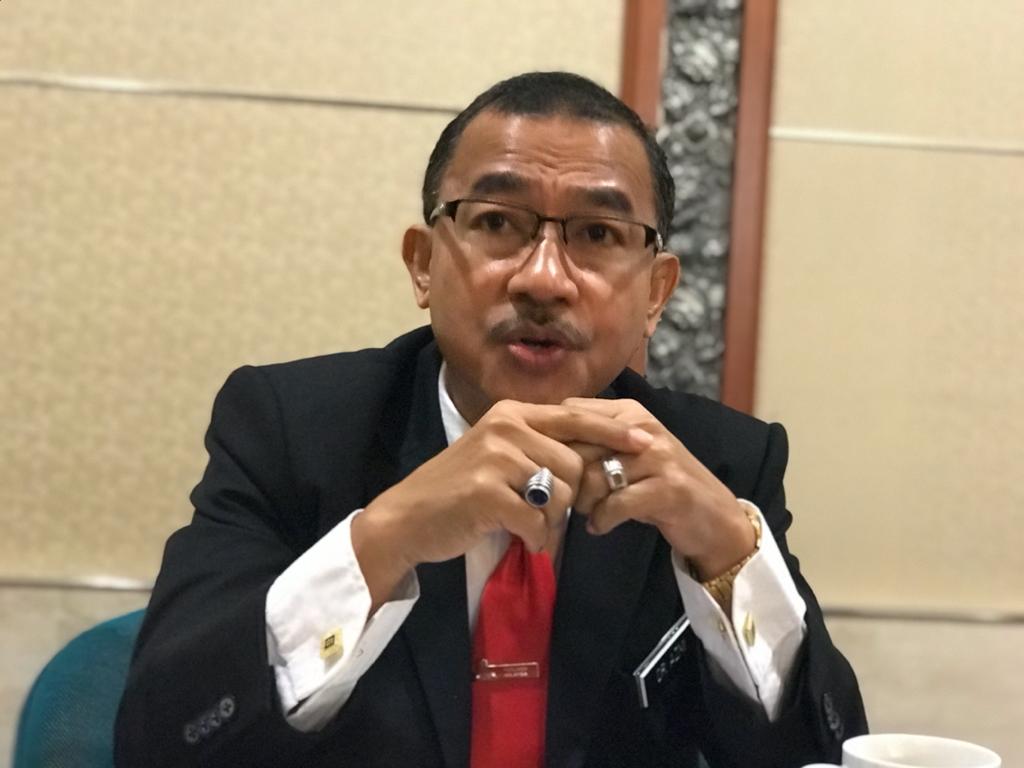KUALA LUMPUR, Sept 3 — The Ministry of Health Malaysia (MOH) said it is constantly monitoring the sale of unapproved medicines on online platforms.
MOH, through the Pharmacy Enforcement Division at the headquarter and pharmacy enforcement branch in the states, is taking action against the sale of unapproved medicines through online platforms, including social media and short message services (SMS).
“In addressing this issue, the Pharmacy Enforcement Division has established a Cyber Forensic Section, which is responsible for coordinating and collecting digital information for enforcement purposes,” Deputy Health Minister Dr Noor Azmi Ghazali said during Question Time in Dewan Negara.
“Periodic monitoring is carried out by pharmacy enforcement officers throughout Malaysia on websites, social media and e-commerce platforms. Websites that have been identified and investigated will be reported to the Malaysian Communications and Multimedia Commission (MCMC), Facebook, domain providers and registrars for the purpose of termination.
“Meanwhile, notification of the advertisement termination that violates the provisions of the law is given to the operators of e-commerce platforms.”
According to the deputy health minister, MOH has also conducted raids and prosecutions on illegal online sale of medicines, including the manufacturers and wholesalers who supply products and raw materials to online sellers.
In addition, MOH has participated in the largest internet-based enforcement operations coordinated by Interpol since 2012, focusing on websites and social media that sell medical treatments against the law.
Earlier, Senator Lee Tian Sing asked MOH to state whether the ministry is monitoring and taking action against the sale of medicines online, especially on social media as well as offering laser skin services by some non-certified doctors on Facebook.
Aesthetic treatment can only be provided in premises with aesthetic medical services license under Section 3 or premises registered with aesthetic services as an area of interest under Section 4, Private Healthcare Facilities and Services Act 1998 (Act 586).
MOH also stated that laser services provided must be in line with the facilities and personnel of the premises, as stipulated in the guidelines on Aesthetic Medical Practice for Registered Medical Practitioners, where personnel providing such services must be registered with the Malaysian Medical Council and obtain Letter of Credentialing and Privileging (LCP).
“If any private health care facilities and services licensed or registered under Act 586 hire personnel who do not have the proper qualifications to provide the services, enforcement action may be taken by MOH for violating Section 31(1)(c) of Act 586,” said Dr Noor Azmi.
“In accordance with Section 43, Act 586, a show cause notice may be issued to the relevant healthcare facilities. Apart from that, MOH can also compound the health care facilities in accordance with Section 99, Act 586.”
Dr Noor Azmi Ghazali also emphasised that premises that provide laser treatment as prescribed in the guidelines on Aesthetic Medical Practice for Registered Medical Practitioners without registration or license from MOH can be sued in court if the premises are found to have violated Section 3 or Section 4 of Act 586 that imposes a fine not exceeding RM300,000 or 6 years imprisonment. In the case of a corporate body, a fine not exceeding RM500,000 in accordance with Section 5 can be imposed.








